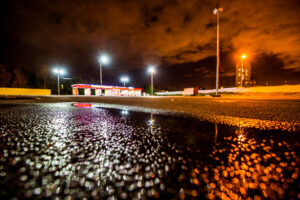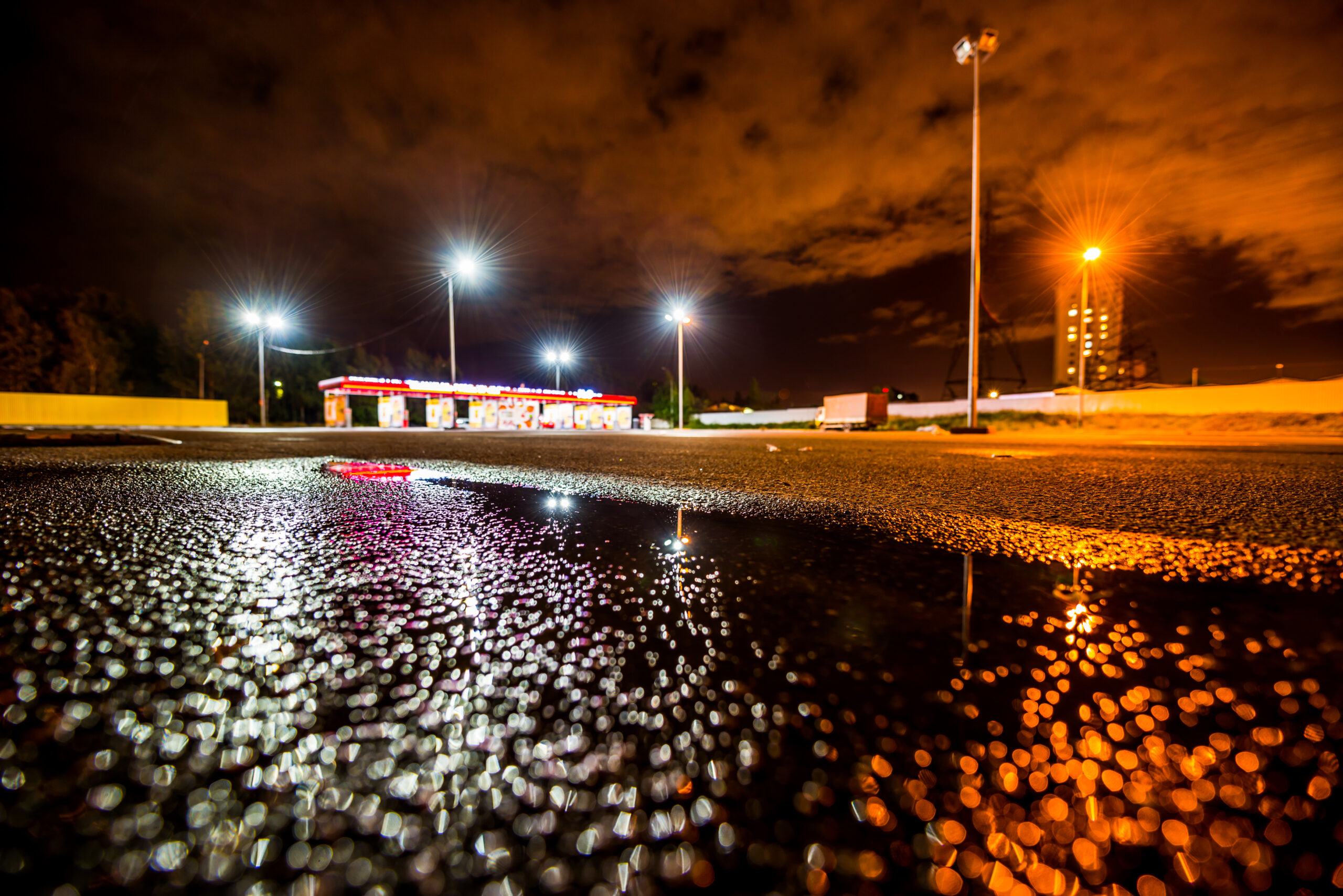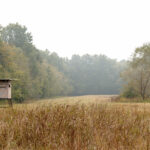Michigan Court Hears Slip and Fall Case

Photo Credit: Georgii Shipin / Shutterstock.com
If you are injured on someone else’s property, including businesses and government property, you may want to hold the property owner responsible for the damages incurred due to your injuries. However, in order to recover you will need to prove certain specific things, discussed in more detail below. While cases like the one described here can illustrate some of the important points of Michigan personal injury law, only a knowledgeable Western Michigan personal injury attorney can tell you how your case is likely to play out in court.
Michigan Premises Liability
In order for the property owner to be liable for your injuries, the plaintiff must prove that the defendant was negligent. Negligence is defined as when one party owes another party a duty and they breach the duty, causing injury. Generally, business owners have a duty to keep the premises reasonably safe for customers. Of course, what is “reasonable” depends greatly on the facts and circumstances of the case. For example, this case revolves around a slip and fall in a gas station parking lot. What is reasonably safe in these circumstances is different than what may be considered reasonable in a junkyard or a restaurant.
Specifically, what happened here was a woman got out of her car in the parking lot of a gas station. As soon as she stepped out of the car she slipped and fell on what appeared to be ice. Several witnesses testified that it looked like a previous customer had spilled a liquid and it froze to create the ice. She argues that the gas station owners breached their duty by not salting the ice. However, the court in this case from the Eastern District of Michigan held otherwise. They found that the gas station did not have actual or constructive notice of the ice and thus were not liable.
Actual and Constructive Notice
The legal meaning of “notice” is similar to the usual meaning. “Notice” means to be aware of something. So here the gas station is arguing that it is not their fault that she fell because they did not know about the ice. There are two kinds of notice: actual and constructive. Actual notice means that the people actually had the knowledge. Constructive notice means that they may or may not have known, but they should have known. In this case the parking lot was periodically patrolled by employees who looked out for glass and other hazards such as ice and snow. Constructive notice can be proven by circumstantial evidence.
The plaintiff’s argument here failed because there was no evidence that the employees knew about the spill or should have known. Company policy is to clean up a spill in the store or in the parking lot as soon as possible. Since the plaintiff could not prove that there was actual or constructive notice of the hazard (the ice), the defendant’s summary judgment motion was granted and the case was dismissed.
Contact an Experienced Western Michigan Personal Injury Attorney Today!
If you or a loved one have been injured in a slip-and-fall accident, you may be entitled to damages. The experienced attorneys at Neumann Law Group can help you to get the recovery that you are entitled to. Neumann Law Group takes clients in Western Michigan including Detroit, Saginaw, Kalamazoo, Southfield, Grand Rapids, Lansing, Traverse City, and surrounding areas. Call 800-525-6386 or use the contact form on this website to schedule your free consultation today!
See Related Posts:
Michigan Court of Appeals Addresses Liability During Vehicle Maintenance
Michigan Court Finds No Negligence When Hazard is “Open and Obvious”



